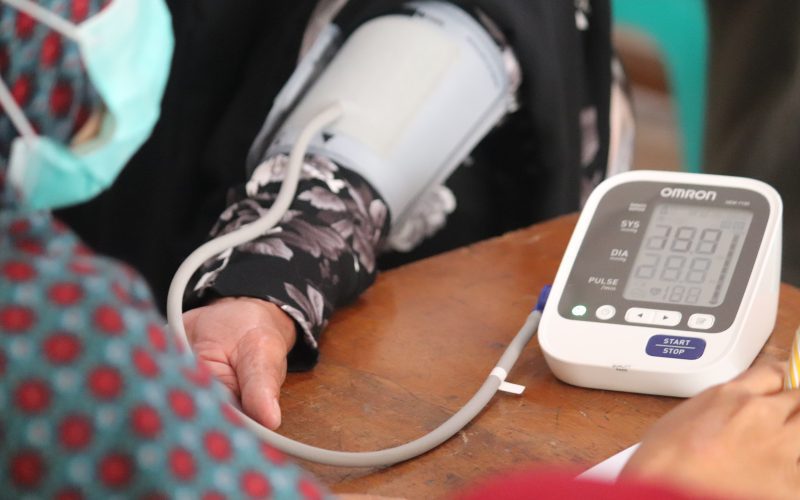Subheading: How Regular Checkups Can Help You Stay Ahead of Health Problems
Opening Paragraph: When was the last time you went to see your doctor for a routine health checkup? If it’s been a while, you’re not alone. Many people tend to skip these appointments unless they’re feeling unwell or have a specific health concern. However, regular health checkups are essential for maintaining good health and preventing serious health issues down the line. In this article, we’ll explore the importance of regular checkups, what they typically involve, and how they can help you stay ahead of potential health problems.
The Importance of Regular Checkups: Regular checkups are an important aspect of preventative healthcare. They can help identify potential health issues early on, when they are easier to treat and manage. Some of the benefits of regular checkups include:
- Identifying health risks: During a routine checkup, your doctor may perform tests to identify any underlying health conditions or risk factors. This could include blood pressure checks, cholesterol tests, and cancer screenings.
- Managing chronic conditions: If you have a chronic health condition, such as diabetes or heart disease, regular checkups can help you manage your condition and prevent complications.
- Preventing future health problems: By identifying potential health risks early on, regular checkups can help you take steps to prevent future health problems. For example, if you have high blood pressure, your doctor may recommend lifestyle changes or medication to lower your risk of heart disease or stroke.
What to Expect During a Checkup: The specifics of a routine checkup can vary depending on your age, sex, and medical history. However, most checkups will involve some or all of the following:
- Medical history review: Your doctor will likely ask you about your medical history, including any past surgeries, illnesses, or medications you’re taking.
- Physical exam: Your doctor will examine your body for any signs of illness or disease. This may include checking your heart rate, blood pressure, and respiratory rate.
- Laboratory tests: Depending on your age and medical history, your doctor may order blood tests, urine tests, or other laboratory tests to check for potential health issues.
- Screening tests: Your doctor may recommend specific screening tests based on your age, sex, and medical history. For example, women may receive a breast exam or pap smear, while men may receive a prostate exam.
Staying on Top of Your Health: In addition to regular checkups, there are other steps you can take to stay on top of your health. These include:
- Eating a healthy diet: A diet rich in fruits, vegetables, whole grains, and lean protein can help lower your risk of chronic health conditions.
- Exercising regularly: Physical activity can help improve your overall health and lower your risk of chronic diseases like heart disease and diabetes.
- Managing stress: Chronic stress can take a toll on your mental and physical health. Finding healthy ways to manage stress, such as meditation or exercise, can help improve your overall wellbeing.
Conclusion: Regular health checkups are an important part of preventative healthcare. By identifying potential health issues early on, checkups can help you take steps to prevent future health problems and manage existing conditions. In addition to regular checkups, it’s important to take care of your health through healthy lifestyle choices and stress management techniques. So if you haven’t had a checkup in a while, make an appointment with your doctor today and prioritize your health!












